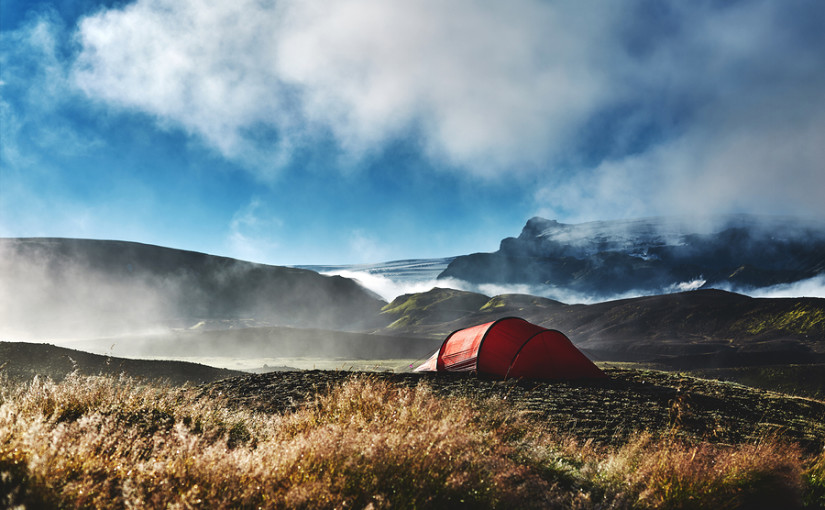Sustainable tourism doesn’t have to mean island-hopping around Sri Lanka or spending your vacation planting trees in the rainforest – you can have a green holiday much closer to home when you go camping in the UK.
Camping is cheap and cheerful, with low costs to pitch a tent at campsites up and down the country, and if you like the great outdoors there’s no better place to stay than under canvas in the middle of a field.
Here are a few of the ways in which camping is a sustainable choice for a staycation, along with our top camping tips for a green holiday in the British countryside.
1. Wildlife-friendly
Sustainable camping gives special priority to protecting the landscape and wildlife, so you know that no important habitats have been cleared to give you the space to pitch your tent.
The bonus of this is that it means there will often be more wildlife in the surrounding area – although hopefully not inside your tent – so you don’t have to go as far to spot your first woodland creature or passing bird.
2. Recycling rates

There’s a tendency when camping to throw any rubbish in the campsite bins and forget about it, but minimising the environmental impact of your holiday means keeping the same kind of commitment to recycling that you would have at home.
Luckily, sustainable campsites are more geared towards reducing waste and recycling wherever possible, so you should be able to dispose of any rubbish in as eco-friendly a way as you would anywhere else.
3. Carbon miles
A staycation is naturally more eco-friendly than taking a long-haul flight to a holiday destination abroad, with a much smaller carbon footprint, but camping has even better sustainability credentials than just that.
Your typical camping holiday makes best use of the countryside – it’s right on your doorstep, which reduces the miles you have to cover, and as you’ll often set out on foot, the carbon footprint of a camping holiday can be next to nothing.
4. National parks
Many campsites are located in national parks or areas of outstanding beauty, where a huge hotel would be a blight on the landscape.
Again, campsites in such locations will typically be subject to certain rules and restrictions, so that they do not harm the environment – and by taking a holiday there, you can put some money into the local economy too to help sustain the UK’s national parks for future generations.

5. Use the facilities
A sustainable campsite has been designed to be used, so don’t be afraid to light a campfire or barbecue if these are permitted – just check the rules and be safe about it first.
For an authentic camping experience and to stay on the right side of sustainability, make sure you use any fire you light to heat water or cook food, and you will avoid putting smoke and carbon into the atmosphere for no reason; a small safe fire isn’t going to kill the planet, but be sensible about it.
